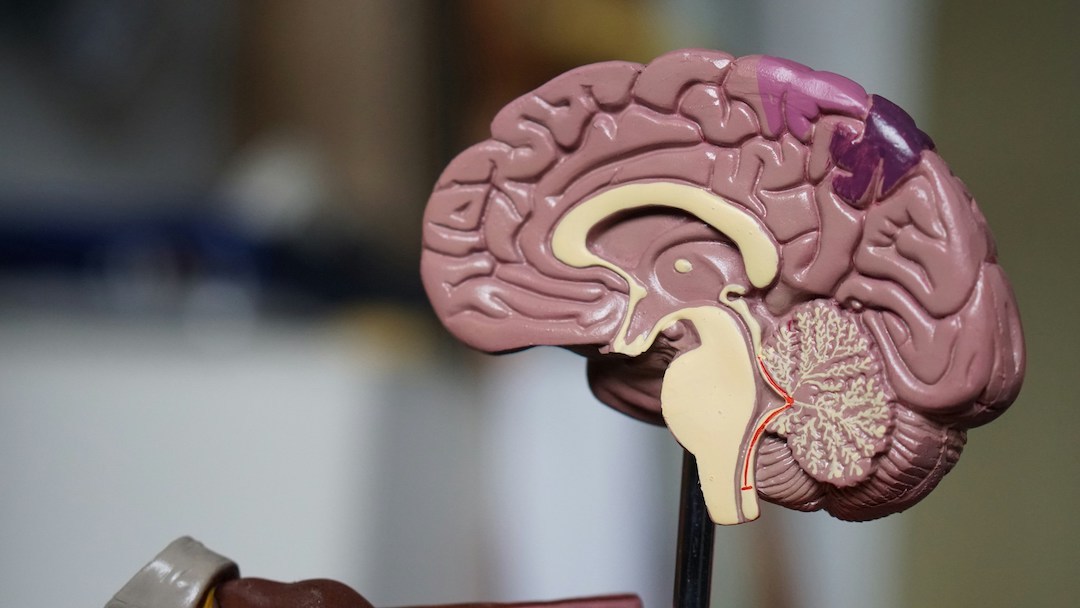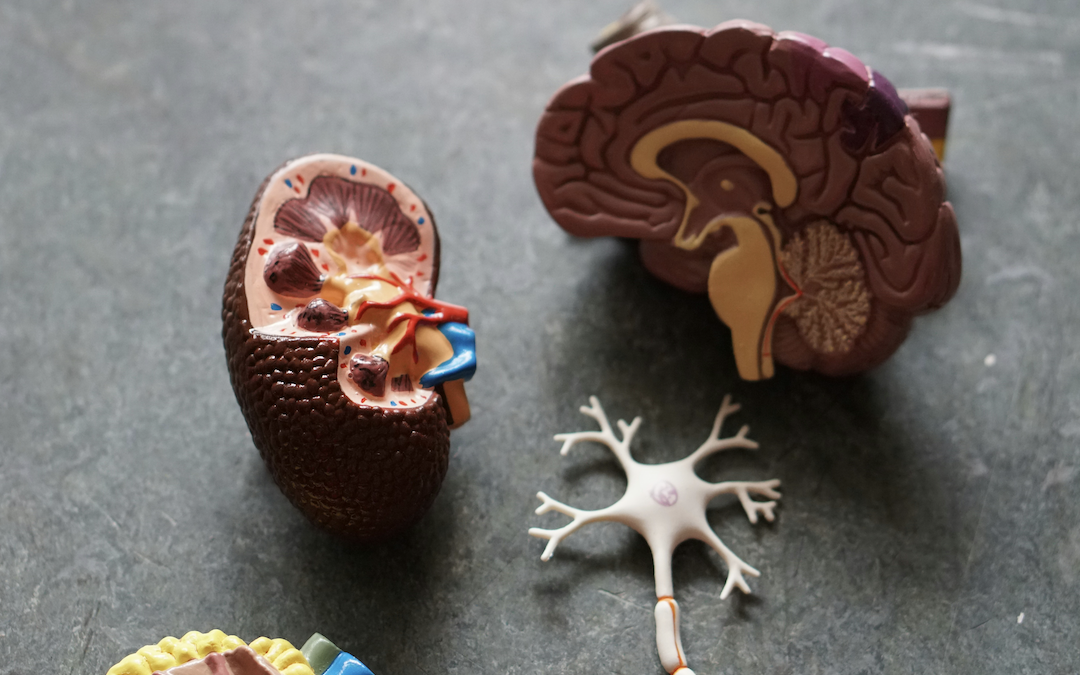Social factors have been identified as a major influence on dementia risk.
In a study co-led by UNSW Business School and UNSW Medicine, it has been found that prioritising social health can improve cognitive functions.
What is dementia?
Dementia is a condition characterised by significant loss of cognitive function, affecting thinking, memory and reasoning. According to Dementia Australia, there are an estimated 421,000 people living with some form of dementia in Australia in 2024.
Sadly, this figure is predicted to increase to over 812,000 people by 2054, with the illness set to become the leading cause of death in Australia.
With people living longer, the risk of dementia is becoming an increasingly important concern. However, it’s not just genetics and lifestyle that can impact cognitive health – social factors have a role to play as well.

Staying connected can help to improve wellbeing and promote mental health.
What are the impacts of social factors?
The study led by UNSW was published in the Journals of Gerontology: Series A, and emphasises the need to assess factors such as marital status, living arrangements, income and education when determining an individual’s risk of dementia.
“We know that a healthy lifestyle – factors such as a balanced diet, regular exercise and avoiding smoking can reduce dementia risk, but our study shows that social factors are increasingly important,” says UNSW Associate Professor Katja Hanewald.
The team developed a “poly social risk score,” made up of 19 social determinants over five domains. The scores ranged from 0 to 10, with higher scores indicating more social risk. The tool is intended to help businesses and healthcare providers to identify individuals and groups with a greater risk of developing dementia.
“Being married or in a partnership provides emotional and social support, which can help reduce stress and promote mental health, thereby lowering dementia risk,” says Scientia Professor Henry Brodaty from the Centre for Healthy Brain Ageing at UNSW.
Similarly, Shu Chen, a UNSW Business School Scientia PhD graduate, points out two other factors lowering the risk of dementia.
“Higher household income is often associated with better access to healthcare, healthier living environments, and lower levels of chronic stress,” Chen explains.
“As for education, higher education levels are linked to greater cognitive reserve, which can delay the onset of dementia symptoms by making the brain more resilient to damage.”

What can Aussies do?
The study has major impacts for all workplaces, as employee wellbeing directly impacts job performance and health. This means that reducing dementia risk can economically and socially benefit businesses.
Research indicates that companies need to look beyond just encouraging physical health, and integrate social interventions into their programs.
Professor Brodaty says that it’s impossible to completely control our environment, but small day to day changes can make a big difference.
“Our research uncovers a powerful insight: your social connections and daily habits could be your brain’s best defence against dementia,” he says.
“By staying active and nurturing meaningful relationships, even in difficult circumstances, you can significantly reduce your risk.”
To read about the impacts of cognitive brain training on productivity, click here.

